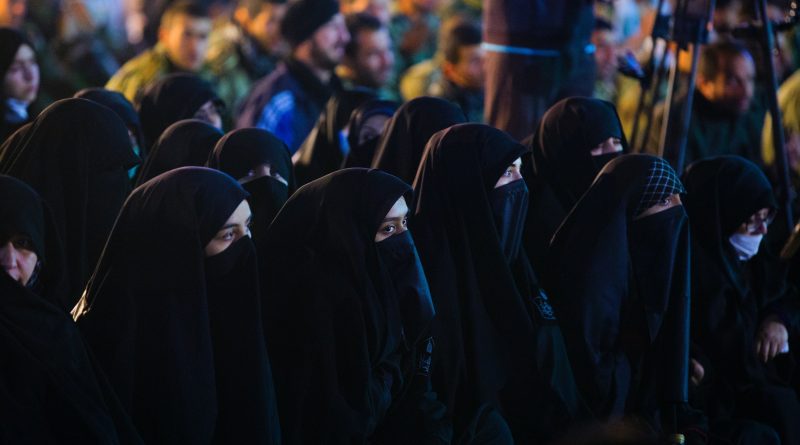Women Protest Hijab School Ban in Indian State
Maheen Khan
Staff Writer
Women from across India are protesting the hijab ban which entered effect in Karnataka, a state in the southern region of the country governed by the Bharatiya Janata Party (BJP). The ban, which targets Muslim students, bars hijab-wearing women and girls from entering their respective schools. According to Al Jazeera, schools in Karnataka required women to remove their headscarves before they could be permitted to enter the building. Several of these young women were prohibited from taking their pre-board exams because they were wearing their hijabs. The New York Times reports that the hijab ban calls the complicity of India’s governing party, the BJP, into question as the country continues to see an increase of hate speech and violence against India’s Muslim minority.
February 18 marked the sixth day of the hearing in the Indian high courts on the petitions challenging the hijab ban in Karnataka. The Indian Express reports that General Prabhuling Navadgi, who represents the BJP-led state, claims the hijab is not an essential religious practice in Islam, meaning the hijab ban does not violate religious freedom under Article 25 of the Indian Constitution. Al Jazeera featured a statement by Rashad Hussain, the U.S. ambassador-at-large for International Religious Freedom, emphasizing that the ability to wear religious clothing and symbols is a necessary part of religious freedom. The Indian Constitution states that “no religious discrimination will be shown by the state against any person on account of his religion or faith.” Opposition to this bill has gained national attention, putting into question the BJP’s prospects of maintaining power in Karnataka and several other states in upcoming elections.
The state of Karnataka argues that the bill does not aim at intervening in religious matters, but rather at requiring students to conform to uniform policies. Anas Tanwir, an advocate at the Supreme Court of India, explained to Al Jazeera that, in accordance with the Education Act, there is no legal standing and no jurisdiction granted to the court to regulate the uniform students wear. The case’s hearing will continue on Feb. 21 to determine whether the hijab ban violates the right of freedom of religion.
As tensions flare between the Muslim and Hindu communities in India, counter-movements to the hijab ban protests have arisen. Groups of Hindu men are blocking entrances to colleges in Udupi while wearing saffron-hued shawls, a holy color that is prohibited to be worn by men in Islam, preventing Muslim women from entering. The hijab ban is a precedent-setting case as it speaks on larger issues of the marginalization of women. Nobel Peace Prize winner Malala Yousafzai urged the Indian government on Twitter to “stop the marginalization of Muslim women” as they are objectified regardless of if they wear less or more.
The hijab ban protests started in Karnataka after six young women were prevented from entering their university due to their hijabs. The issue that started in one state has gained national and international attention. According to CNN, Karnataka has instituted a three-day closure of high schools and colleges as protests against the ban grow violent. In Karnataka, the Muslim population accounts for 13 percent of the population and is considered a ‘hotbed’ for Hindu Nationalist ideology. Ahead of state elections next year, CNN cites Mohammed Tahir, a representative for one of the petitioner groups in the court, stating that issues like the hijab ban “are very easy to polarize the entire community for votes,” a tactic that the BJP has historically relied on.



